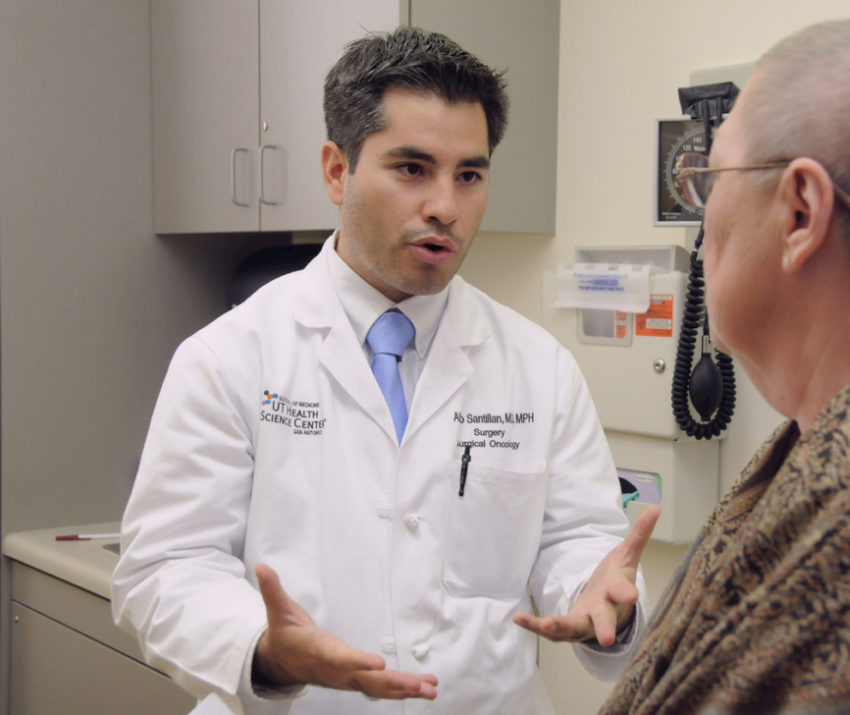
Share On Social!
What happens in a state where half of people are Latino, but only 5% of doctors are?
It means not enough doctors with the cultural competency and understanding of the Latino community to adequately serve them—like in California right now.
That is why the Latino Physicians of California professional group and others are urging increased representation of Latinos in the medical field, according to California Healthline.
Complicating matters is that, in California:
- Latinos represent only 8% of nurses;
- Latino represent only 4% of pharmacists;
- More than one-third of current doctors are expected to retire within 10 years; and
- Latinos make up a small percentage of graduating medical students.
“If we are going to properly serve our current and future patient base, we must begin to develop a true pipeline to bring in Latino physicians and health professionals to meet this growing need,” said Dr. Jose Arevalo of the Latino physicians group.
So how can this gap be addressed?
California Healthline cites the state’s Medical DREAMER Opportunity Act that allows students without papers pursuing medical professions to apply for state scholarships and loan forgiveness programs. The law goes into effect next year.
They also cite university efforts to diversify through pipeline medical education programs.
In Texas, SaludToday’s home organization, the Institute for Health Promotion Research at UT Health San Antonio, conducts one of these medical education pipeline programs, called Éxito! Latino Cancer Research Leadership Training.
The Éxito! program annually selects 25 master’s-level students and health professionals from across the nation to attend a five-day summer institute offering research information, tools, tips, role models and motivation to encourage participants to pursue a doctoral degree and a career studying how cancer affects Latinos differently.
“Éxito! was a boost of confidence and a tremendous encouragement for me to apply to doctoral programs, said Mariana Arevalo, a graduate of the Éxito! program, funded by the National Cancer Institute. “Now more than ever, I’m confident that Latino researchers are not only needed in our field, but we can make a difference in improving the health of Latinos.”
Learn more about Éxito! here.
Also use #SaludTues on Twitter at 1 p.m. EST Tuesday, Oct. 25, 2016, to share your resources and strategies on how to solve the shortage of Latino doctors!
By The Numbers
84
percent
of Latino parents support public funding for afterschool programs



